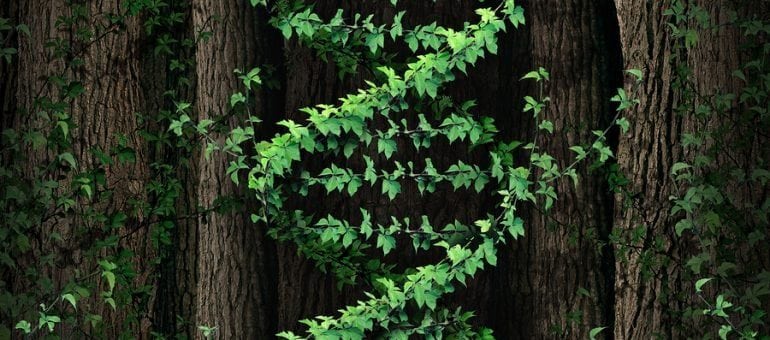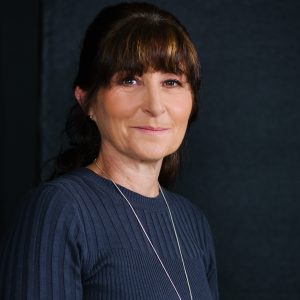The Earth Bank of Codes wants to collect the genetic sequence of the natural world–and let countries make money from the scientific breakthroughs that would result, rather than selling their natural resources.
Traditionally, economic development and conservation have been at odds in the Amazon Basin. Businesses and governments have insisted on the need for jobs and valuable commodities like beef, timber, and hydropower. Environmentalists warn that logging, cattle ranching, and soy plantations threaten the region’s biodiversity and produce “savannization” in the world’s largest remaining tropical forest. Already 20% of the Amazon Rainforest has been cut down, reducing its ability to absorb CO2 and curb climate change.
But entrepreneur Juan Carlos Castilla-Rubio believes there’s “a third way” out of the zero-sum dilemma. By registering the region’s biological assets on a public blockchain, he thinks he can spur a new, more environmentally benign economy. The Amazon’s plants and animals contain bounties of genetic code and potential biomimetic blueprints that could one day be used to create new drugs and textiles, artificial intelligence, and energy systems, he says. In the future, there may be less need to cut down so many trees and build so many harmful hydro-dams.






